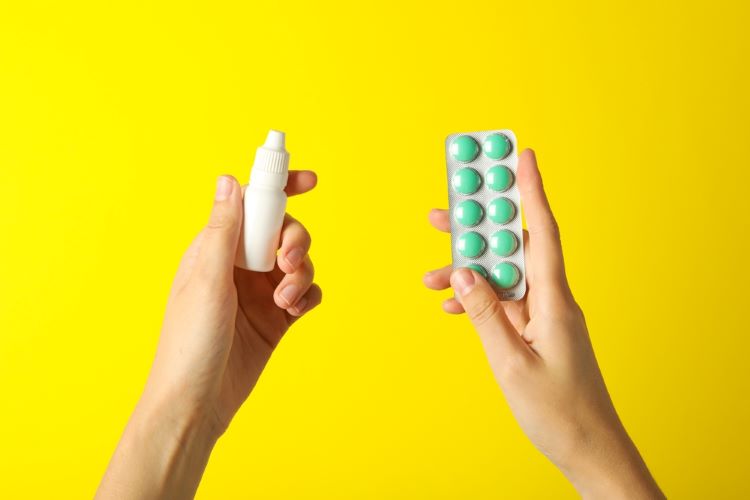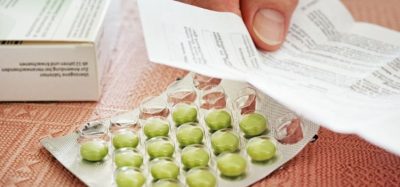ECNP 2023: new esketamine NS safety data for depression
Posted: 10 October 2023 | Catherine Eckford (European Pharmaceutical Review) | No comments yet
New safety data for a Phase IIIb study in treatment-resistant depression (TRD), revealed at ECNC 2023, showed that esketamine NS significantly increased the proportion of patients achieving remission compared to quetiapine XR.


The Janssen Pharmaceutical Companies of Johnson & Johnson has revealed that according to new safety data, SPRAVATO® (esketamine nasal spray [NS]) has demonstrated superior efficacy compared to quetiapine extended-release (Quetiapine XR) for treatment-resistant depression (TRD).
This treatment is an antagonist of the N-methyl-D-aspartate (NMDA) glutamate receptor. It has a different mechanism of action and drug administration compared to other approved depression treatments, according to research highlighted by Janssen Pharmaceutical Companies of Johnson & Johnson.
New safety data from the ESCAPE-TRD trial – esketamine nasal spray
Data from the ESCAPE-TRD Phase IIIb study presented at the 2023 European College of Neuropsychopharmacology Congress (ECNP) showed that according to patients reports, esketamine NS significantly increased the proportion of patients achieving, and shortened time to, PHQ-9 remission. Patients were 1.21 times as likely to experience remission at Week 32 versus quetiapine XR.
More treatment-emergent adverse events (TEAEs) were observed with esketamine nasal spray than with quetiapine XR. However, 82.6 percent of patients treated with the nasal spray formulation of esketamine reported a TEAE that resolved same day. This was compared to 15.5 percent of quetiapine XR patients.
There were 53.6 percent of esketamine nasal spray-treated patients who reported a TEAE that persisted for more than one day, versus 74.7 percent of quetiapine XR-treated patients. Data showed that TEAEs leading to treatment discontinuation were more frequent with quetiapine XR (11.0 percent) than 4.2 percent with esketamine NS.
Across all reported TEAEs experienced with esketamine nasal spray, 92.1 percent were transient and resolved the same day. This is compared to 12.1 percent of TEAEs experienced with quetiapine XR.
To summarise: “In addition to the previously published clinician-rated efficacy data from the ESCAPE-TRD study, the patient rated PHQ-9 data further confirms the favourable efficacy of esketamine nasal spray compared to quetiapine XR,” shared Dr Tamara Werner-Kiechle, EMEA Therapeutic Area Lead, Neuroscience and Pulmonary Hypertension, Janssen-Cilag GmbH, a Johnson & Johnson company.
Commenting on the findings presented at ECNP 2023, Professor Eduard Vieta, Investigator for the ESCAPE-TRD study and Head of the Psychiatry and Psychology Service of the Hospital Clínic de Barcelona, Spain, concluded that it is important to have “treatment options that are less likely to lead to discontinuation for a patient population that is, by its very definition, difficult to treat.”
Related topics
Big Pharma, Biopharmaceuticals, Clinical Development, Clinical Trials, Data Analysis, Drug Development, Drug Safety, Formulation, Research & Development (R&D), Therapeutics
Related organisations
Related drugs
esketamine nasal spray, Quetiapine XR, Spravato (esketamine)









